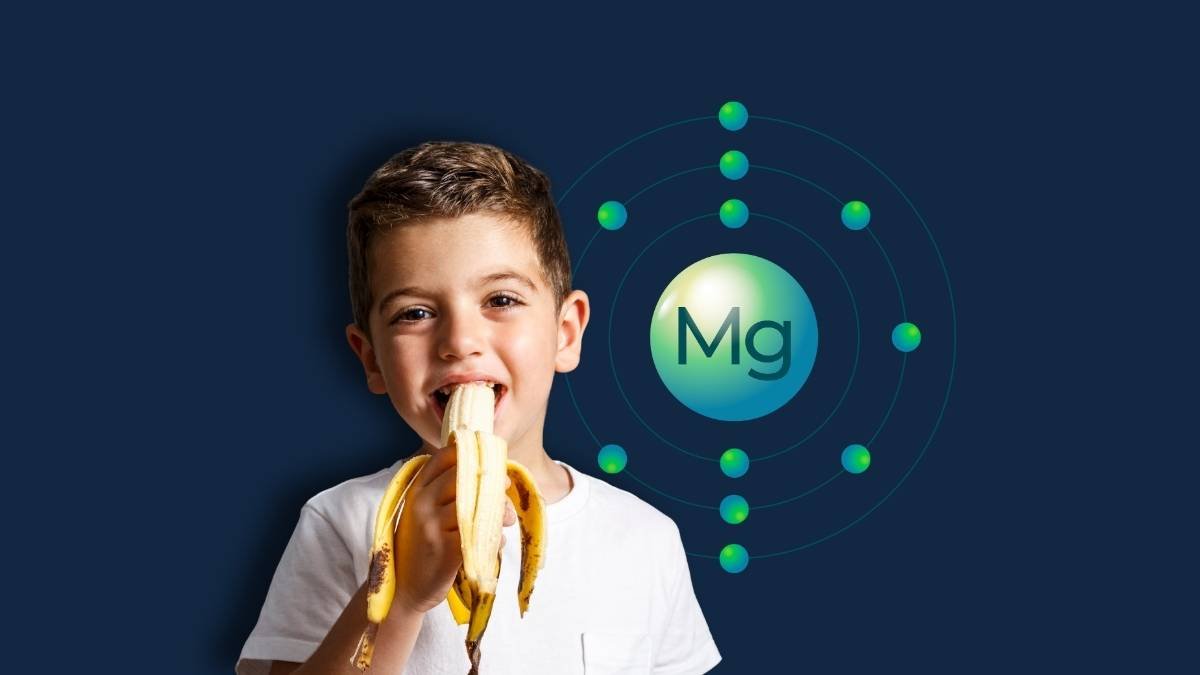Healthy Diet Approaches for Kids, Teens, and Adults with ADHD
Managing ADHD can be challenging, but at Philadelphia Integrative Psychiatry, Dr. Danish and his team are committed to providing holistic and integrative care. A key aspect of their approach includes exploring dietary strategies to complement traditional treatments for ADHD.
Research has shown that diet can play a supportive role in managing symptoms like inattention, hyperactivity, and impulsivity. This is why Dr. Danish is so happy to work with our lead dietitian, Marni Mackey, and her team, who understand on a very deep level the role diet can play across various disorders and overall well-being. By staying informed about the latest evidence-based interventions, Dr. Danish ensures that patients receive personalized care tailored to their unique needs.
Marni Mackey, RDN, LDN
Dietitian
Dr. David Danish, MD
Psychiatrist
This blog highlights the role of nutrition in ADHD management, drawing insights from reputable sources such as Frontiers in Psychiatry, WebMD, and PLOS ONE. We’ll explore the efficacy of dietary interventions, recommended nutrients and supplements, dosing considerations, potential side effects, and interactions with medications.
Efficacy of Dietary Interventions for ADHD
Numerous studies suggest that a healthy diet can positively impact ADHD symptoms:
Mediterranean Diet: Diets rich in fruits, vegetables, whole grains, lean proteins, and healthy fats (like olive oil) are associated with reduced ADHD symptoms. A study found that children adhering to a Mediterranean diet had a significantly lower risk of ADHD compared to those consuming a Western diet high in processed foods.
Read Dr. Danish’s blog on the myriad mental and physical health benefits of the Mediterranean Diet, including its impact on metabolic health, mental wellbeing, and gut health, here.
Elimination Diets: These diets remove potential allergens or irritants (e.g., gluten, dairy, artificial additives) and reintroduce them gradually. Research indicates that many children with ADHD may experience symptom improvement on elimination diets.
Read Dr. Danish’s blog on the emerging research highlighting the importance of diet in managing ADHD, including insights on the "Few Foods Diet," here.
Micronutrient Supplementation: Deficiencies in zinc, iron, magnesium, and omega-3 fatty acids are common in individuals with ADHD. Supplementing these nutrients has shown modest improvements in symptoms like impulsivity and inattention.
Explore Dr. Danish’s list of blogs on various supplements he sometimes uses to help treat ADHD here.
While dietary changes alone may not replace traditional treatments like medication or therapy, they can serve as valuable adjuncts.
Recommended Nutrients and Timing
1. Omega-3 Fatty Acids
Sources: Fatty fish (e.g., salmon), walnuts, flaxseeds.
Efficacy: Omega-3s support brain function by improving neurotransmitter activity. Studies show they reduce impulsivity and improve attention compared to stimulants.
Dosing: Children may require 1,000–2,500 mg/day; adults may need up to 3,000 mg/day. Look for supplements with a higher EPA-to-DHA ratio for maximum benefit.
Timing: Take with meals to enhance absorption.
Read Dr. Danish’s blog on the benefits of omega-3s, which he takes daily, and discover which brands are best, as not all omega-3s are equally beneficial, here.
2. Zinc
Sources: Shellfish, red meat, nuts.
Efficacy: Zinc helps regulate dopamine production and enhances the effectiveness of stimulant medications like methylphenidate.
Dosing: Children: 10–20 mg/day; Adults: 25–40 mg/day.
Timing: Best taken with food to prevent nausea.
3. Magnesium
Sources: Dark chocolate, whole grains, leafy greens.
Efficacy: Magnesium has calming effects on the nervous system and may reduce hyperactivity.
Dosing: Children: 100–200 mg/day; Adults: 350–420 mg/day.
Timing: Evening doses may aid relaxation and sleep.
Read Dr. Danish’s blog on the impact of magnesium on ADHD, anxiety, insomnia, and brain function, emphasizing the importance of choosing the right type here.
4. Iron
Sources: Lean meats, fortified cereals.
Efficacy: Iron supports dopamine synthesis. Supplementation benefits individuals with low ferritin levels.
Dosing: Children: 10–15 mg/day; Adults: 18 mg/day.
Timing: Take with vitamin C-rich foods (e.g., oranges) to enhance absorption.
Read Dr. Danish’s blog on the benefits of iron supplementation to lessen ADHD symptoms in pediatric patients, even when there is no evidence of iron deficiency.
Potential Side Effects
While dietary adjustments are generally safe, some precautions are necessary:
High doses of zinc or iron can cause gastrointestinal upset or toxicity.
Omega-3 supplements may lead to mild stomach discomfort or fishy aftertaste.
Elimination diets can be restrictive and lead to nutrient deficiencies if not properly managed.
Always consult a healthcare provider before starting supplements or restrictive diets.
Interactions with Medications
Certain foods and supplements may interact with ADHD medications:
Vitamin C: Avoid taking it within an hour of stimulant medications as it can reduce absorption.
High-Fat Meals: These may delay the onset of action for some extended-release medications.
Zinc: Enhances the efficacy of stimulants but should not exceed recommended doses due to toxicity risks.
Our team specializes in treating ADHD
At Philadelphia Integrative Psychiatry, we prioritize a holistic approach to managing ADHD by integrating dietary strategies into comprehensive treatment plans for ADHD. Our Philadelphia nutrition team stays updated on cutting-edge research to ensure patients receive the best care possible. If you or your loved one is navigating ADHD challenges, reach out at 610-999-6414 to learn more about how we can help.
For More on This Topic and Related Subjects:
Back to Blog
Disclaimer: This guide is for informational purposes only and not a substitute for medical advice. Any treatment—whether a supplement, medication, procedure, injection, therapy, or device—carries potential risks, especially when used in excess or by individuals with certain medical conditions or genetic predispositions. Always consult a qualified healthcare provider before starting any treatment.












